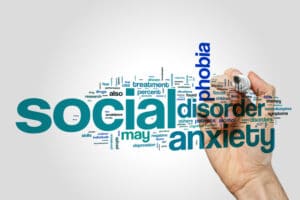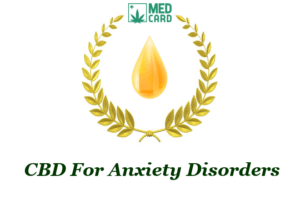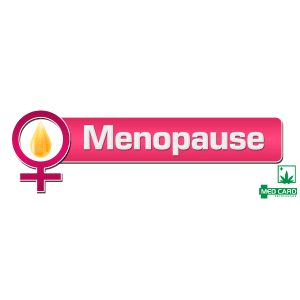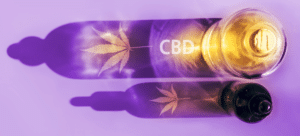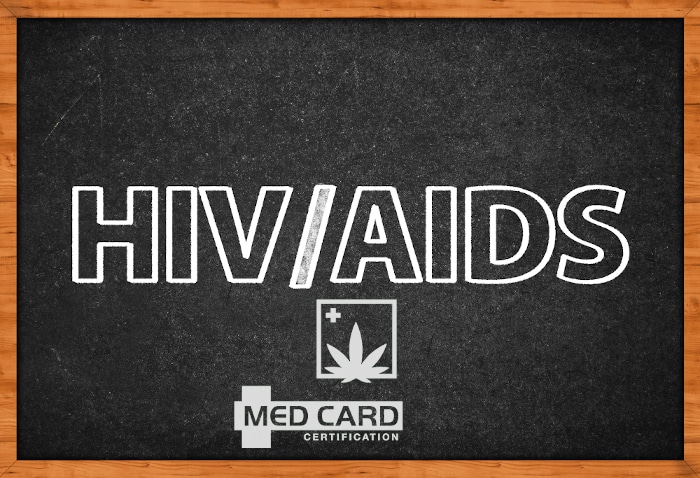
Cannabis | A Natural Remedy for HIV/AIDS
- Medical marijuana programs are proving to be a godsend for many of state’s HIV/AIDS patients.
- How medical marijuana helps to relieve the symptoms of the disease as well as the side effects of prescription medications that are keeping HIV patients alive.
- How to get a medical marijuana card in for HIV/AIDS.
HIV/AIDS Patients Are Finding Relief From Symptoms and Drug Side Effects with Medical Marijuana
More than 35 million people world wide have tested positive for the HIV virus. Over 1 million in the United States. Fortunately, the number of new infections has been falling in recent years. However, for those who are infected with HIV, and especially those who have contracted AIDS, medical marijuana is proving to be a godsend.
Not surprisingly, medical marijuana has been successfully employed for decades to treat the side effects of HIV-suppressing drugs and the symptoms of AIDS. And according to recent polls, medical marijuana is still gaining momentum in the U.S. as a safe and effective remedy.
A large-scale survey would be required to fully ascertain the exact number of HIV patients using cannabis. However, all three of the California cannabis buyers’ clubs claim that more than 60 percent of their members are HIV patients seeking relief from their condition.
Excruciating nerve damage and deadly wasting syndrome are two of the more devastating symptoms associated with AIDS. The virus drastically compromises the immune system, affecting the entire body, enabling cancers and myriad infections to gain a foothold. Moreover, these relentless, painful physical ailments inevitably lead to chronic depression and anxiety.
Countless HIV patients swear by medical marijuana and its ability to reduce or alleviate these symptoms altogether. When using medical marijuana many HIV patients report improved appetite, cessation of pain, less nausea, and mood elevation. These claims have been thoroughly documented in the publication titled “Marijuana as Medicine? The Science Beyond the Controversy.”
Let’s take a look at how medical marijuana helps to relieve the most common drug side effects and symptoms associated with HIV and AIDS.
Medical Marijuana for AIDS-Related Pain
Many HIV/AIDS patients regularly use medical marijuana for ongoing pain management. Neuropathic pain is the most common pain condition suffered by HIV patients. Nerve damage caused by the disease can trigger a burning sensation or pain from even the slightest touch.
Although there is a severe lack of clinical studies, anecdotal evidence abounds in support of the claim that medical marijuana helps reduce neuropathic pain. However, with the few studies that have been done, researchers have discovered cannabis to be a highly effective treatment for relieving neuropathic pain. These findings suggest that medical marijuana could also be successfully employed to treat neuropathy and pain stemming from HIV.
Medical Marijuana for Nausea and Vomiting
The use of combination HIV therapy (treating patients with a cocktail of drugs) has successfully removed the terminal status for most HIV patients, transforming it into a survivable chronic condition. These medications ensure that most HIV patients can now live somewhat normal lifestyles. However, many of these drugs come with extremely unpleasant side effects.
Life-sustaining medications such as Crixivan, drT, AZT, Viracept, Bactrim, Viramune, and Megace are the only viable options for most HIV patients. However, they often trigger bouts of diarrhea, fatigue, vomiting, and appetite loss. Medical marijuana is widely known to successfully attenuate all of these pervasive issues for some patients.
Findings published in a report titled “The role of cannabinoids in the regulation of nausea and vomiting, and visceral pain,” explain how the body’s natural cannabinoid receptors regulate nausea, vomiting, and food intake. Cannabinoid receptors are present throughout the brain and gastrointestinal tract and are stimulated by chemical compounds produced by our bodies called endocannabinoids.
Two endocannabinoids that are highly engaged in this process are anandamide and 2-arachidonoyl glycerol, also known as 2-AG. Suppression of these particular endocannabinoids greatly increases the incidence of vomiting and nausea, while enhancement of the same compounds is shown to mitigate these symptoms.
A report from the University of Guelph concluded that: “Considerable evidence demonstrates that manipulation of the endocannabinoid system regulates nausea and vomiting in humans and other animals.”
There is a need for more clinical studies in this area to substantiate marijuana’s overall efficacy in alleviating nausea and vomiting. That being said, some patients are finding significant relief with a prescription cannabinoid called Marinol (synthetic THC). Participants administered Marinol in a month-long clinical study reported cessation of nausea and improved appetite, as opposed to others who received a placebo and saw no improvement.
Medical Marijuana for AIDS Wasting Syndrome
Wasting Syndrome is defined by the CDCP as a sudden, involuntary loss of ten percent or more of body weight. This dramatic weight loss is often accompanied by chronic diarrhea.
This extreme weight loss due to nausea and diarrhea can be a life-threatening issue for many AIDS patients. If a patient loses even five percent of their body weight, the consequences can be deadly.
Wasting syndrome manifests in HIV patients via two physiological processes known as cachexia and starvation. Cachexia (pronounced “kahKEKseeuh”) results in a huge loss of muscle or liver mass and tissue injury.
Starvation can be resolved by upping calorie intake. Cachexia requires the disease to be properly regulated and controlled, by stimulating the patient’s metabolism.
Two clinical studies report that patients who were given Marinol maintained a stable weight and experienced improved appetite. A preliminary study reported that after taking Marinol, five participants gained, on average, one percent body fat.
However, many of Florida’s HIV patients still prefer old-school smoking rather than Marinol to cope with wasting syndrome and to increase their appetites. Inhalation of cannabis allows more control over intake and the effects are almost instantaneous. Patients also claimed, “the munchies” are more likely to occur with smoking marijuana, effectively upping their caloric intake.
Medical Marijuana for HIV-related Anxiety and Depression
Patients living with HIV/AIDS must deal with multiple physiological issues stemming from the symptoms and the side effects of medications required for their survival. However, as we mentioned, these medications often come with a host of nasty side-effects. These side-effects can often induce states of helplessness, anxiety, and depression.
Fortunately, medical marijuana may hold the key to not only mitigating these overbearing conditions but also improving mood.
Many HIV patients will attest to marijuana’s ability to reduce anxiety and depression. It’s no secret that marijuana has been used recreationally for centuries to induce a state of euphoria. It’s believed that cannabinoids found in marijuana activate the oxytocin and cannabinoid receptors and elevate dopamine levels.
Keep in mind that lower levels of THC are reported to effectively lessen anxiety, while higher levels may increase anxiety. Conversely, CBD (the non-intoxicating cannabinoid in marijuana) appears to have powerful anti-anxiety effects even at higher doses.
How To Get a Med Marijuana Card for AIDS or HIV
If you want medical marijuana to help treat HIV/AIDS or other medical conditions, you will first need to consult with a certified doctor in order to get your MedCard.
To get started, simply fill out the MMJ patient registration form, press submit and a physician or clinic representative will contact you as available.

Sign Up for Medical Cannabis Today!
For potential patients, if you’re ready, we make it easy to connect with a medical marijuana doctor nearby or online. If you are interested in getting certified, please fill out the MMJ patient registration form below and press submit to get started. See if you qualify today!

MedCard Registration Form






